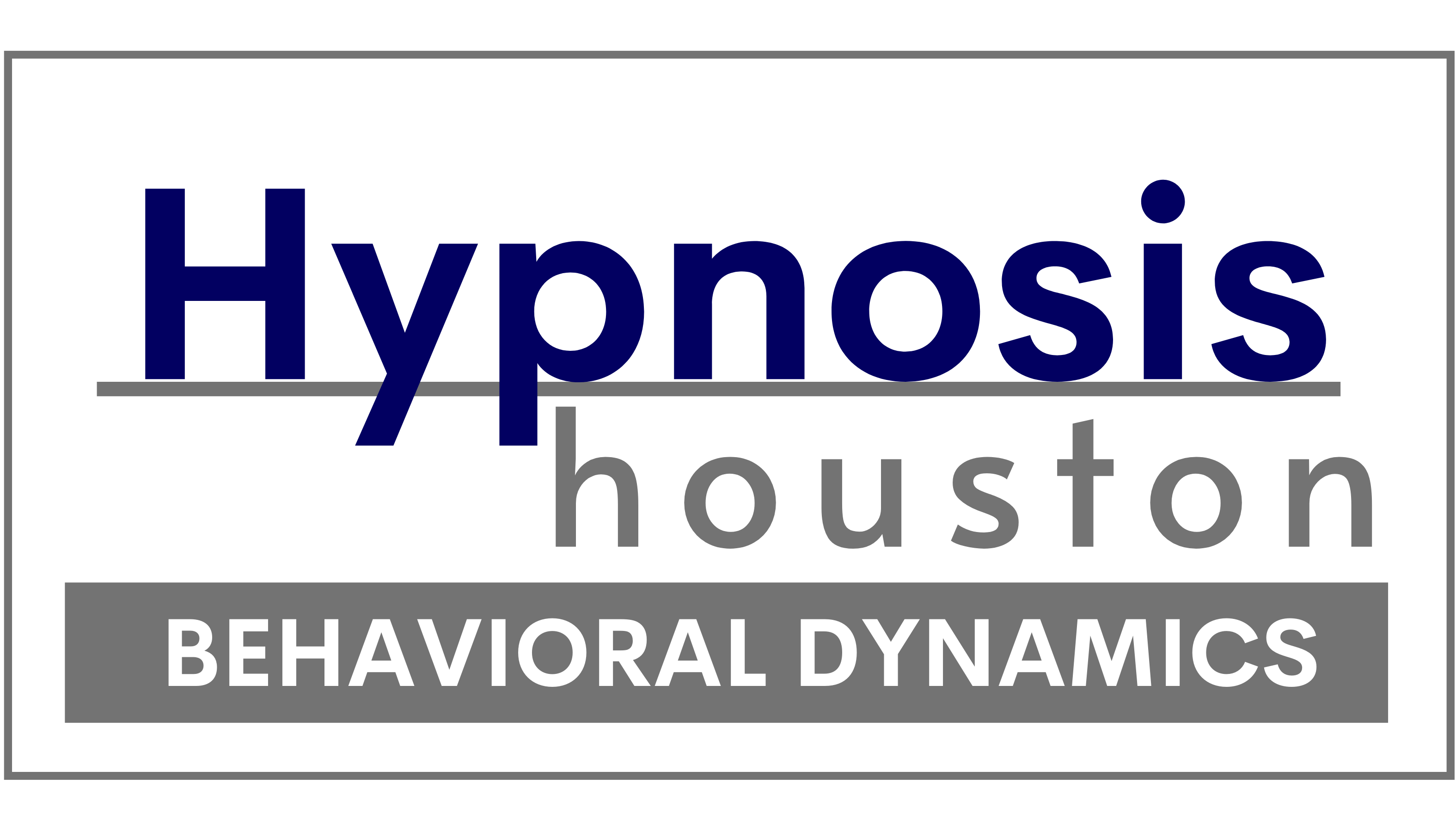Hypnosis: Debunking the Misconceptions and Myths
 Therapists and clients alike can be skeptical about the value of hypnosis. We can’t really blame them when there’s been negative stereotypes surrounding the subject. People occasionally associate hypnotism with black-and-white spirals and swinging pocket watches –– and then being put into a state of mind in which they have no control.
Therapists and clients alike can be skeptical about the value of hypnosis. We can’t really blame them when there’s been negative stereotypes surrounding the subject. People occasionally associate hypnotism with black-and-white spirals and swinging pocket watches –– and then being put into a state of mind in which they have no control.
Hypnosis has nothing to do with these stereotypical representations. While it is often experienced as a trance-like state, it’s actually just a state of mind in which you become more focused, more receptive to suggestions, and more in tune with your fantasies. Hypnosis facilitated by a skilled practitioner, on the other hand, is the use of hypnosis as a tool for transformation.
The succeeding section tackles the most common misconceptions and myths about hypnosis. Each myth is followed by a fact that debunks it.
Myth #1: Only the Weak-minded Become Hypnotized
You don’t need to be weak-minded in order to be respond to hypnosis. In fact, to the contrary, people who have a strong sense of focus, creativity and intelligence often turn out to be very receptive to hypnosis. When we daydream, fantasize, or do a task that requires intense concentration, our mind enters a kind of hypnotic state.
 Myth #2: Hypnotized People Lose Control of Themselves
Myth #2: Hypnotized People Lose Control of Themselves
This is something that many people are afraid of. Because of misconstrued depictions of hypnotists in media, many people tend to have the idea that they will lose control of their senses and rationality when they become hypnotized.
However, a person’s mind is actually fully aware during hypnosis. They enter a state of hyper-awareness in which everything may seem real to them. Think of your last really vivid dream. Consequently, they can also pull themselves out of the hypnotic trance at any point in their session.
Myth #3: Hypnosis is Rooted in Mysticism
Some people view hypnosis and hypnotherapy as mystical practices. On the other hand, some may think that it’s only applicable for treating smoking cessation or weight loss.
Hypnosis is simply a tool that can is used to address various physical, emotional, and mental issues. An individual who specializes in hypnosis has the capacity to help clients reach a trance-like state in order to deal with their specific objectives.
The American Medical Association (AMA) and the British Psychological Society (BPS) have been champions of hypnotherapy since the 1950’s. They believe in its capacity to be useful when administered by a skilled professional.
Myth #4: People Reveal Their Deepest, Darkest Secret During Hypnosis
Another misconception about hypnosis is that it makes people reveal things about themselves that they normally wouldn’t divulge. That simply isn’t the case. Hypnosis can not be used to force people to spill their life’s details against their will. Because the mind is hyper-aware during these sections, one will only reveal what they feel like talking about.
It is true, however, that one may learn personal things that they have long forgotten, or never knew about consciously. This allows them to gain a deeper understanding of themselves –– particularly their thoughts, feelings, and actions that previously confused them.
Hypnosis can be a very useful tool in transforming certain facets of ourselves. It is just a matter of choosing a qualified hypnotist to experience real and lasting results.
If you want to find out how you can benefit from hypnosis, get in touch with Hypnosis Houston at:
Hypnosis Houston
2909 Hillcroft Ave #515
Houston TX 77057
Phone: (713) 789-0713
https://www.hypnosishouston.com/
